Friday morning rail news:
— Texas Central Railway won a significant court ruling Thursday when a state appeals court said the company is a railroad in legal terms, even though it does not yet operate any trains. The decision by Judge Nora Longoria for the Thirteenth Appeals Court of Texas overturns a lower court ruling that agreed with landowners along the route of the planned high speed rail line between Dallas and Houston. Landowners Jim and Barbara Miles contended that the company was not a railroad and therefore did not have the related rights, including eminent domain and access to property for surveyors. “This decision confirms our status as an operating railroad,” Texas Central CEO Carlos Aguilar said in a press release, “and allows us to continue moving forward with our permitting process and all of our other design, engineering and land-acquisition efforts.” Texans Against High Speed Rail, which has led efforts to oppose the Texas Central project, posted a statement on its Facebook page saying the Mileses “intend to appeal to the Texas Supreme Court, which has consistently and repeatedly recognized the importance of private property rights in Texas.”
— A deal by the Colorado Department of Transportation to buy a former downtown Denver rail yard from Union Pacific, allowing expansion of Interstate 25 and Denver’s light rail system, could be in jeopardy because of budget constraints created by the coronavirus pandemic. Colorado Public Radio reports the deal to buy the former Denver & Rio Grande Burnham Yard is threatened because of a potential $198 million funding cut for the department over the next three years, leading at least one CDOT commissioner to say he was “very doubtful” the agency could now afford to buy the land. UP reached agreement with the Department of Transportation in February on a deal to sell 59 acres of the yard site for $50 million [see “News Wire Digest for Thursday, Feb. 20”]. The DOT would use the land to relocate a rail line, creating room to widen I-25, and to add additional track at a key junction in the Regional Transportation District’s light rail system.
— LA Metro is joining the transit agencies requiring passengers to wear masks or other face coverings to help prevent the spread of the COVID-19 virus. The agency announced Thursday that coverings will be required as of Monday, May 11. In a blog post on its website, the agency said it will “enforce this requirement to the extent that is practical — and we’ll be considering the best way to enforce this rule going forward,” and will be looking for ways to help riders obtain face coverings while protecting its supply of masks for workers. A large number of transit agencies are already requiring masks or other coverings, and Amtrak announced Thursday it would also require them on trains and in stations as of May 11 [see “Amtrak to require passengers to wear facial coverings,” Trains News Wire, May 7, 2020].







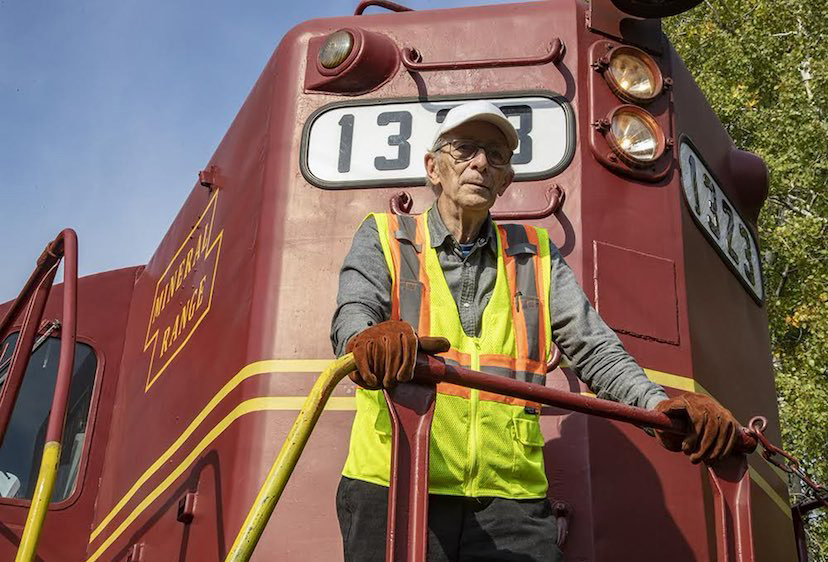

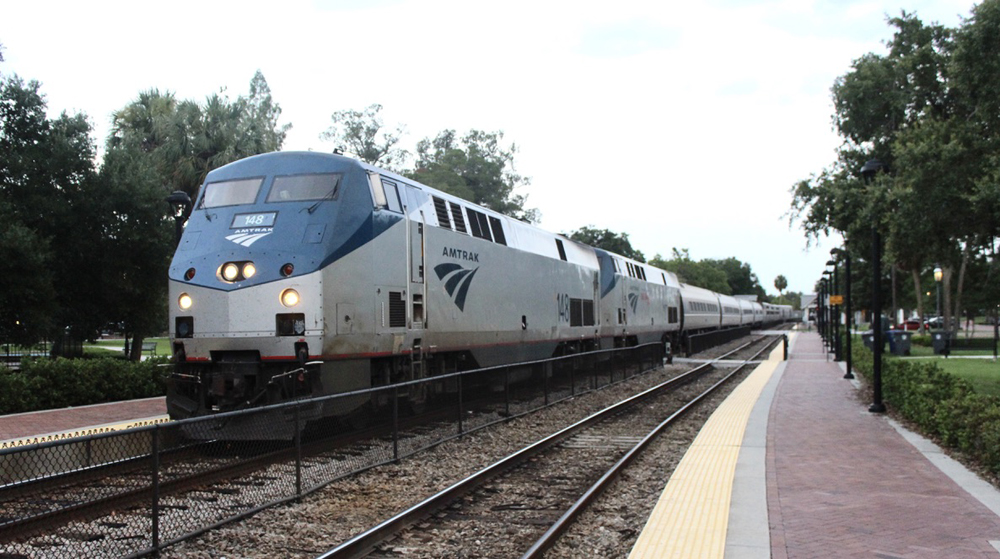
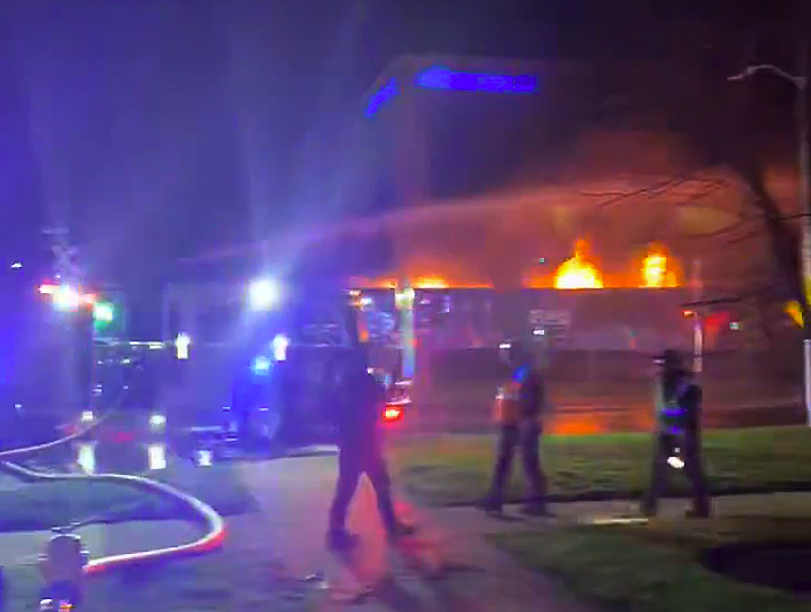
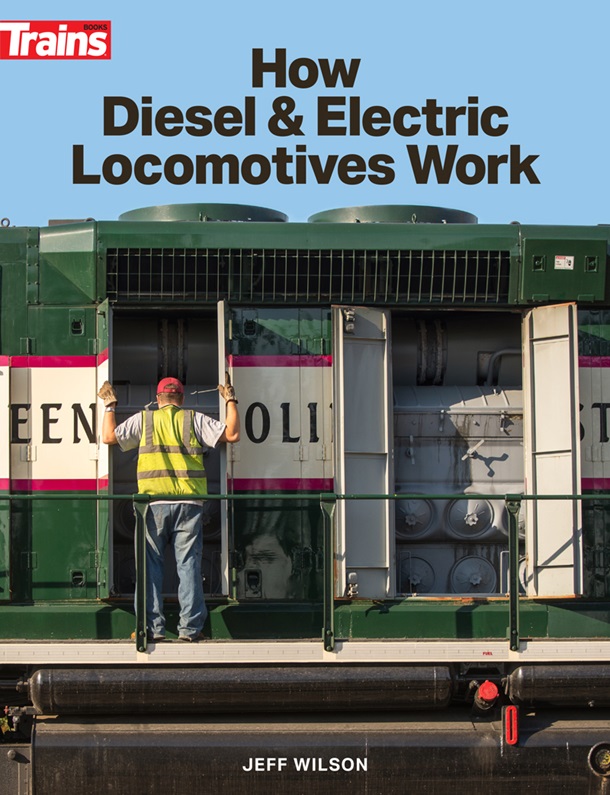
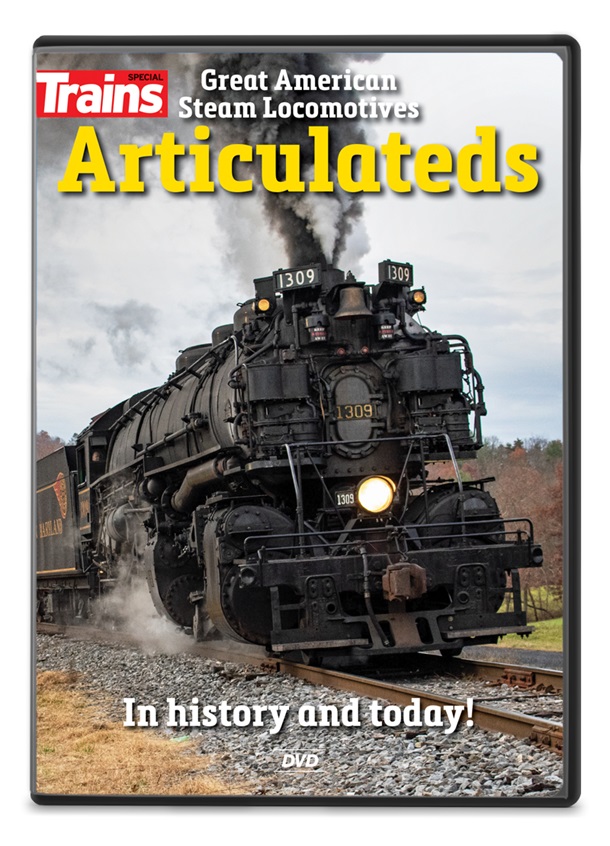
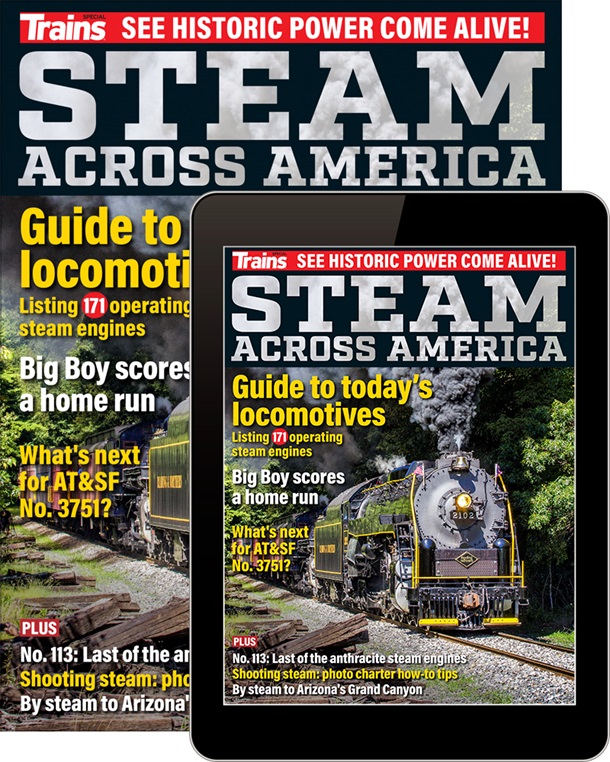
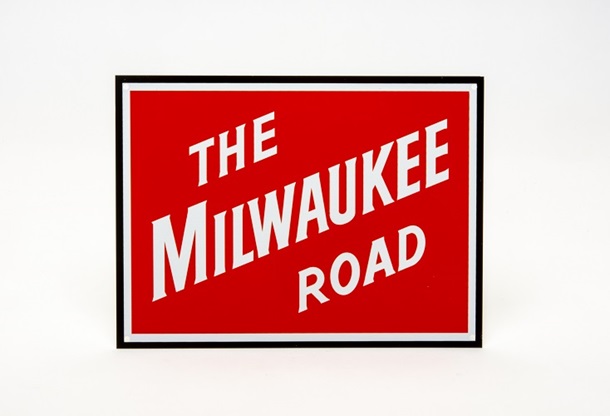
One additional comment. The court decision seems pretty unremarkable to me. The landowner was arguing that the Texas eminent domain law allowed condemnations only by entities that were presently operating railroads (or operating interurbans). The court held that the law permits condemnations by entities seeking the condemnation to become an operating railroad (or interurban) in the future. That makes sense if you think about it. After all, the purpose of a rail condemnation is typically to build a new rail line (or facility) for future rail use.
Texas Central made a filing with STB today (May 12) which includes a complete copy of the court decision. It’s available on the “recent filings” section of the STB website, http//prod.stb.gov/. Indulge.
Is saying DEPRESSION.
I response to W. Cook’s comments on “what is a railroad”, the correct answer is that it depends on what law you are talking about. When dealing with statutes and regulations (which I’ll collectively call “enactments”), customized definitions are often used as a device to determine the substantive coverage of the enactment involved. Those definitions are often not consistent with the common use of the defined terms, and often differ from one enactment to another because of differences in the intended scope of the enactments. .
W Cook I worked for Conrail as mechanical supervisor for 12 years so I do know what I am talking about. My comment was more directed at your mention of Brightline. If their equipment does not pass inspection then it doesn’t run.
Paul Dietz, Your recollection is in error to be polite. You know nothing about the FRA and since you’re so uninformed I shouldn’t bother my time to try to correct you. What you added said nothing. Give me the FRA rules on Horse car lines.
The NJ AG shirt said SAVE.
Who said one and two?
Ban Paul Marynowych
Mr. Cook, as far as my recollection goes the FRA has nothing to do with the railroad retirement system. All of these entities are still required to follow the rules of operations and equipment standards.
A horse car line is not a railroad, A funicular is not a railroad,Incline railway is not a railroad ,Cog railway is not a railroad, Street car tram is not a railroad, Trolley railway is not a railroad, Interurban tram is not a railroad, Subway rapid transit is not a railroad. A monorail is not a railroad, All Abroad Florida, Brightline is not a railroad. If the TC will use this business plan they may come under the FELA and have to pay into the Railroad Retirement System which is a much costlier system than Brightline and other lines which hire a contractor to run the trains. The FRA has no jurisdiction over any of the companies listed above because they come under the Federal rules as non-commerce being called Rapid Transit. Carrying passenger is not commerce per the US. Supreme Court unless the person is dead or a slave. The previous 3 posts were cut or improperly loaded by computer error. It did not like all in one column.
A horse car line is not a railroad
Bret Reid take noteBan Paul Marynowich
LA Metro just thinking of enforcing mask? Why even bother now?
GEORGE – Look up the last case (and last dissent) by retired Supreme Court Justice Sandra Day O’Connor. Where she dissednted against what she saw as an abuse of eminent domain. What’s sad – outrageous – was that she was outvoted.
I have mixed emotions about eminent domain. In some instances, I can understand it. But I have also seen it abused. I’d hate to lose my property to a highway or a railroad.
“GIVE WITH BING”GOODSEARCH is now CASH back.
NHK – East Japan Railway business model.
BRETT – I see your point. You’re “on track” not quite there. I’d phrase it this way: 2 rails, ties AND a legimate charter from the State of Texas, then it’s a railroad. As foir the plaintiffs in this case, a good strong fine for a frivolous lawsuit would be in order.
Where were the NIMBY’s when I-45 was proposed and built between Houston and Dallas?! The Houston – Galveston segment was built on existing highway right-of-way before the Federal Aid Highway Act of 1956, creating the Interstate Highway system.
Yes, 2 rails, ties, Locomotives and such are a Railroad. Who the heck argued that?